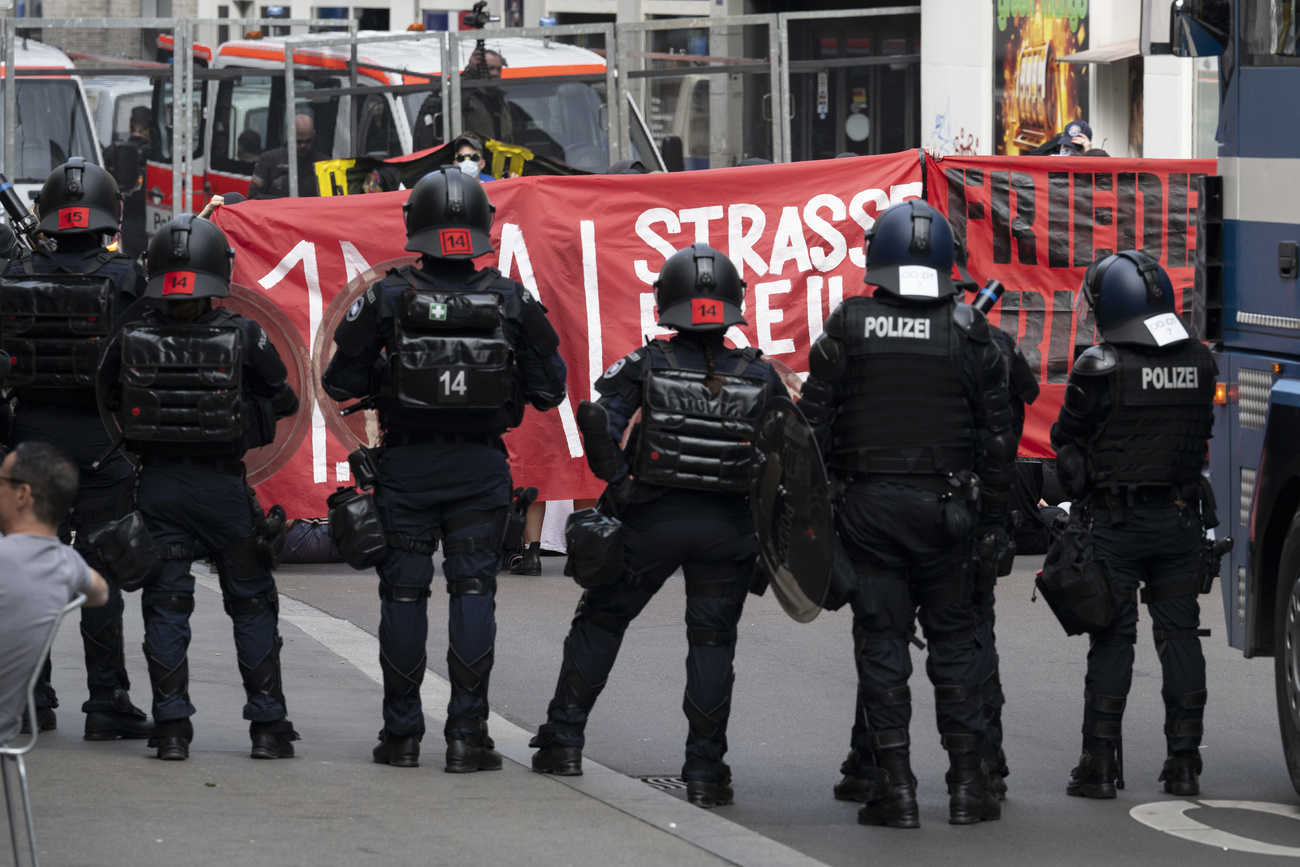Brussels prepares for energy talks with Bern

The European Union and Switzerland are edging closer to negotiations on a joint electricity treaty - but both sides are sticking to their positions.
Talks could begin later this year if the EU Council of Ministers follows the lead of EU diplomats who approved the mandate earlier this week.
The Swiss cabinet approved the mandate in May.
Brussels wants Switzerland to adopt the rules for the internal EU electricity market. EU energy commissioner Andris Piebalgs was quoted in the Zurich-based Tages-Anzeiger newspaper in June as saying that Brussels would not tolerate “half-hearted measures to liberalise the electricity market”.
He conceded that the pace of liberalisation was up to Switzerland. Discussions are underway in the Swiss parliament for a staggered opening up of the electricity market. The Senate is due to continue debate on the issue next week.
The draft foresees a two-stage approach to liberalisation. The market would first be opened to big electricity providers and then to private homes five years later.
Analysts say that the EU could get impatient since its citizens will be allowed to choose their provider freely as of next year.
Staggered liberalisation
Michael Bhend, of the Swiss Federal Energy Office, says Switzerland’s slower approach to the issue doesn’t stand in the way of reaching an agreement with Brussels.
“Electricity providers from the EU have little interest in the small market of Swiss consumers,” he told swissinfo.
Bhend added that Switzerland had its reasons to slow the pace because voters threw out a plan for the liberalisation of the electricity market in a nationwide vote in 2002.
Switzerland is seeking to bolster its position as a European power hub, but Brussels wants to integrate it into its liberalised electricity market. Swiss power companies currently provide a large quantity of electricity to neighbouring Italy, while Switzerland imports electricity from France.
Switzerland is also keen to win approval for its certificates for environmentally friendly electricity and is interested in securing a guarantee for electricity imports from France.
But under new EU rules the trade in electricity is subject to a bidding process which could make imports from France more expensive for Switzerland.
“We argue that the long-term contracts must be exempt from the bidding process,” said Bhend.
But Brussels doesn’t share this position. Diplomats say there is little room for manoeuvre in the negotiations with Switzerland on this point.
swissinfo, Simon Thönen in Brussels
Swiss electricity market 2005:
Imports from European Union: 47 billion kWh (kilowatt hour).
Exports to EU: 40.7 billion kWh.
Electricity consumption: 61.6 billion kWh.
Switzerland currently produces some 40% of its electricity from five nuclear power reactors and the vast majority of the rest from hydropower.
The Swiss power industry, while part of the European network, is largely self-sufficient.
Switzerland is a major trading centre, with annual electricity imports and exports often totalling up to ten times the European average.
Moves are underway to negotiate a joint electricity treaty between Switzerland and the European Union.
Earlier this year parliament in principle approved a gradual liberalisation of the Swiss electricity market, four years after voters had rejected more far-reaching plans.

In compliance with the JTI standards
More: SWI swissinfo.ch certified by the Journalism Trust Initiative











You can find an overview of ongoing debates with our journalists here . Please join us!
If you want to start a conversation about a topic raised in this article or want to report factual errors, email us at english@swissinfo.ch.